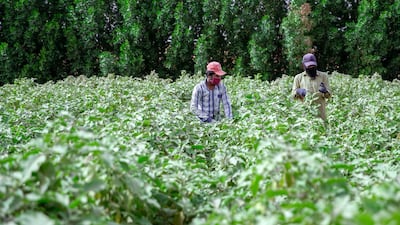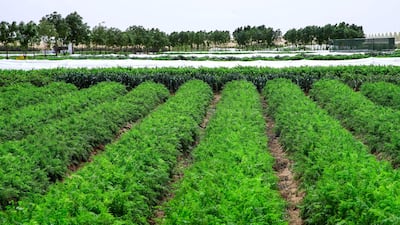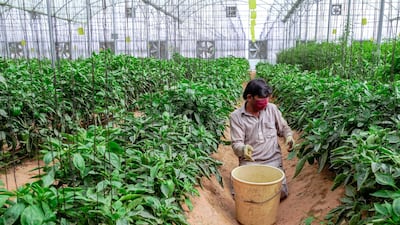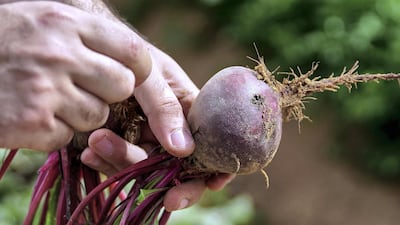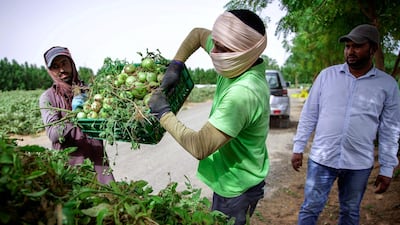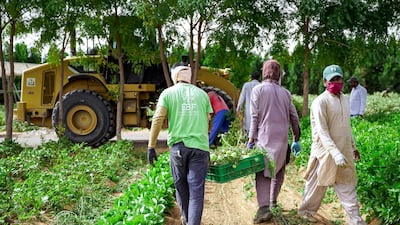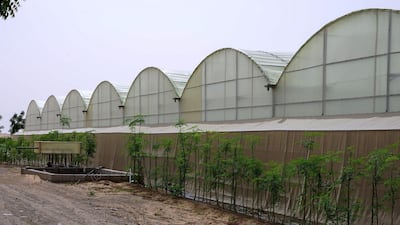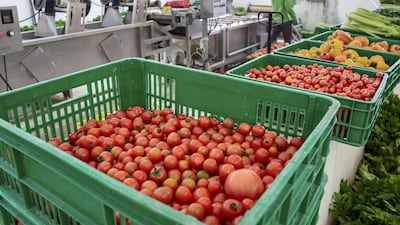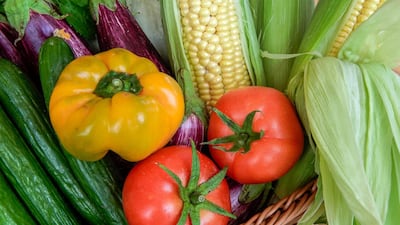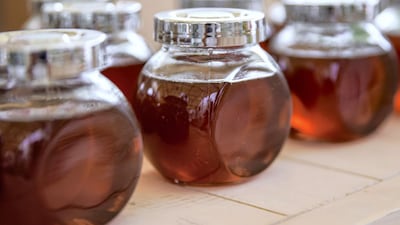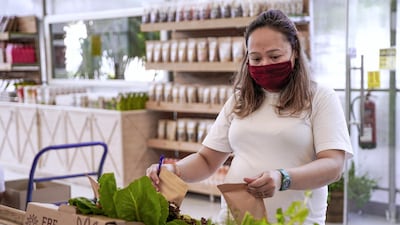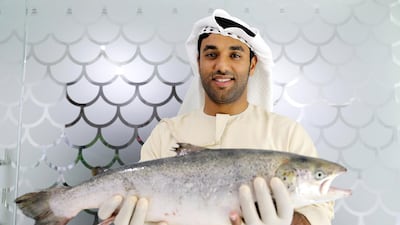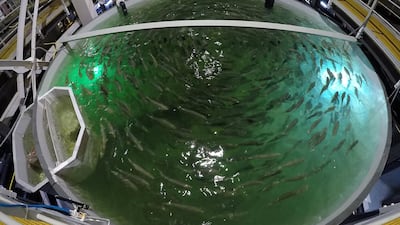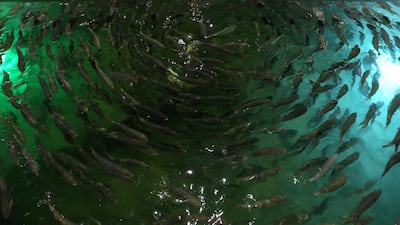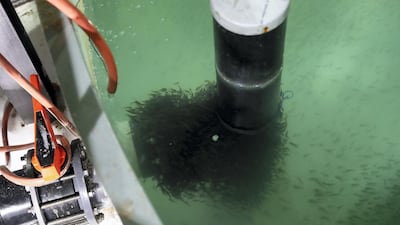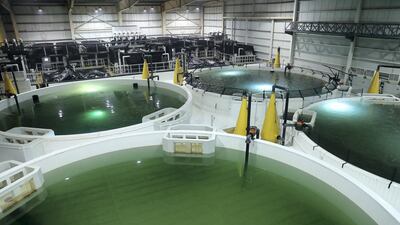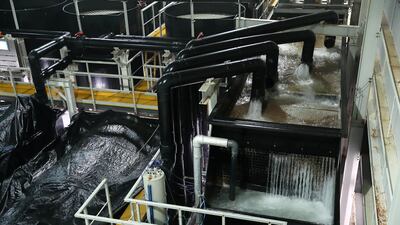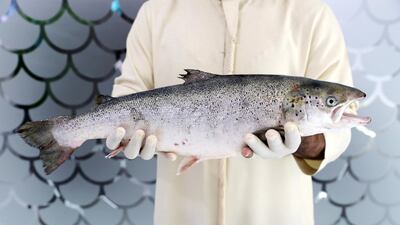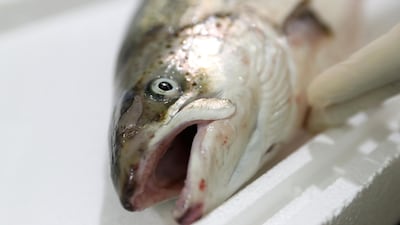A new agricultural development plan aimed at increasing the efficiency of sustainable farming has been launched by Abu Dhabi Agriculture and Food Safety Authority.
It is designed to encourage all of the emirate’s farmers to adopt a climate-smart approach.
“The comprehensive plan for agricultural sustainability supports the UAE’s Net Zero by 2050 strategic Initiative, and is in line with global trends to promote climate-smart agriculture and the food production,” said Sheikh Mansour bin Zayed, Deputy Prime Minister and Minister of Presidential Affairs, and chairman of the board of directors of Adafsa.
“The climate neutrality initiative contributes to promoting sustainable development and supports innovation, technology localisation, the development of modern farming techniques, food security, and the conservation of natural resources.”
The objective of climate-smart agriculture is to increase productivity and economic return from farming, while adapting to climate change and reducing greenhouse gas emissions.
By integrating the way farms operate in Abu Dhabi, Adafsa hopes to improve water usage in the emirate and reduce reliance on its finite supply of groundwater.
Farmers will be encouraged to use recycled or desalinated water sources and to cultivate crops that consume less water and are more resilient to the hot, salty climate of the UAE.
Laws governing water consumption will also be introduced.
Organic farming
Farmers in Abu Dhabi have already been encouraged to shift towards organic agriculture, and 75 farms have made the transition.
Adafsa’s research stations are also investigating the viability of various smart farming techniques, including vertical farms that can produce five to 10 times the yields of traditional agriculture, and drip irrigation techniques to improve water efficiency.
Researchers are also exploring ways to identify and predict epidemics and animal diseases by using integrated algorithms.
Adafsa has prepared its agriculture plan in collaboration with the Food and Agriculture Organisation of the United Nations.
The Authority has recently launched the Abu Dhabi Gap programme, a local version of the Global Gap Global Agricultural Practices Programme, which applies standards of quality agricultural production to ensure food safety, sustainable environmental management and the health of workers in its production.
Farms applying these standards are granted a globally recognised certificate.
So far, 550 farms in Abu Dhabi have received it, a number expected to rise to about 1,500 by the end of next year.












